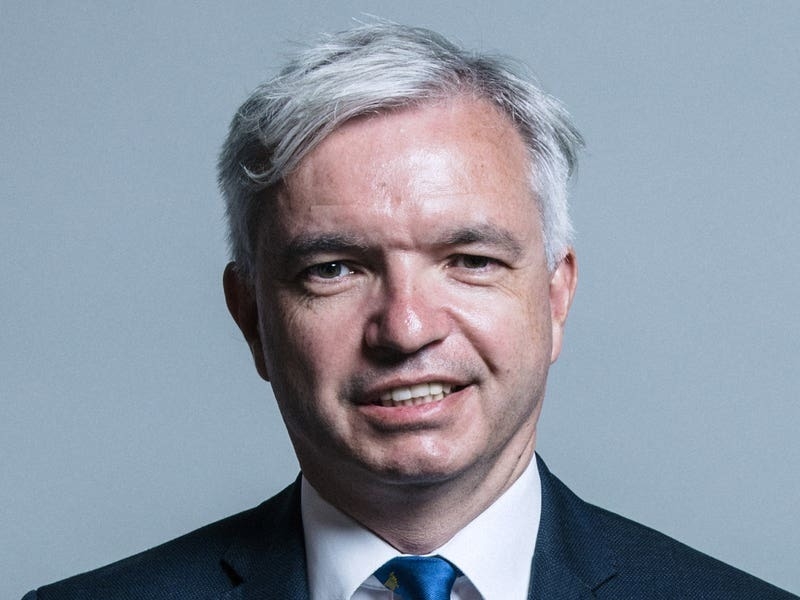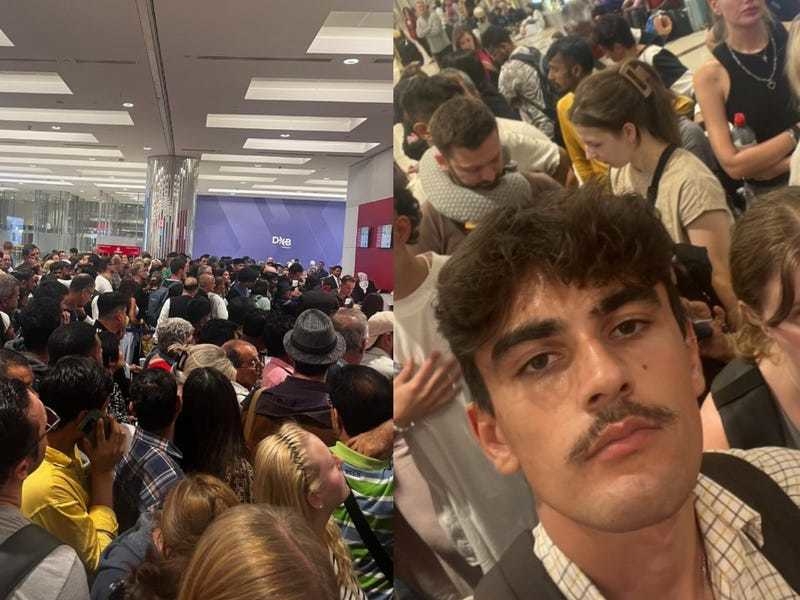Referee body cameras will be trialled in four adult grassroots leagues in England, starting this weekend.
The intention of the bodycam trial is to improve behaviour and respect from players and spectators towards officials.
The Football Association pilot is the first of its kind anywhere in the world, and comes after permission was granted by the game’s lawmaking body, the International Football Association Board.
Starting in Middlesborough this weekend, The @FA will begin to trial the use of referee bodycams across 4 adult #GrassrootsFootball leagues in England before the end of the 22/23 season, to explore whether the use improves respect towards referees in the grassroots game.
— England Football (@EnglandFootball) February 17, 2023
The partner leagues trialling the bodycams are in Middlesbrough, Liverpool, Worcester and Essex, the FA said.
The announcement of the trial comes in the week when a majority of referees surveyed by BBC Radio 5 Live reported receiving abuse.
The BBC contacted 7,000 members of the Referees Association and 908 of the 927 respondents – almost 98 per cent – indicated they had experienced verbal abuse from spectators, players, coaches or managers.
More than 30 per cent (293) said they had come in for physical abuse from spectators while a similar number (300) revealed they had had a threat of violence against them or their loved ones.
Meanwhile, the i reported earlier this month that referees in the EFL were secretly recording exchanges on the pitch and after the match in order to protect themselves from false allegations.
Crucially, the footage will be admissible if required in a disciplinary hearing, the FA said.
If the trial proves successful the bodycams could be rolled out to additional grassroots leagues for the 2023-24 season.
FA chief executive Mark Bullingham said: “Referees are the lifeblood of our game and we thank the IFAB for their support in allowing us to undertake this new grassroots bodycam trial, the first of its nature globally.
“We have listened to feedback from the referee community, and we hope this trial will have a positive impact on the behaviour towards them – so that ultimately they can enjoy officiating in a safe and inclusive environment.”
Mohammed, who referees for the same association, added: “It’s a defining moment in grassroots football. For me, prevention is better than a cure.
“We don’t want to be reporting misbehaviour about misconduct from players and fining them. We’d rather it didn’t happen.”






